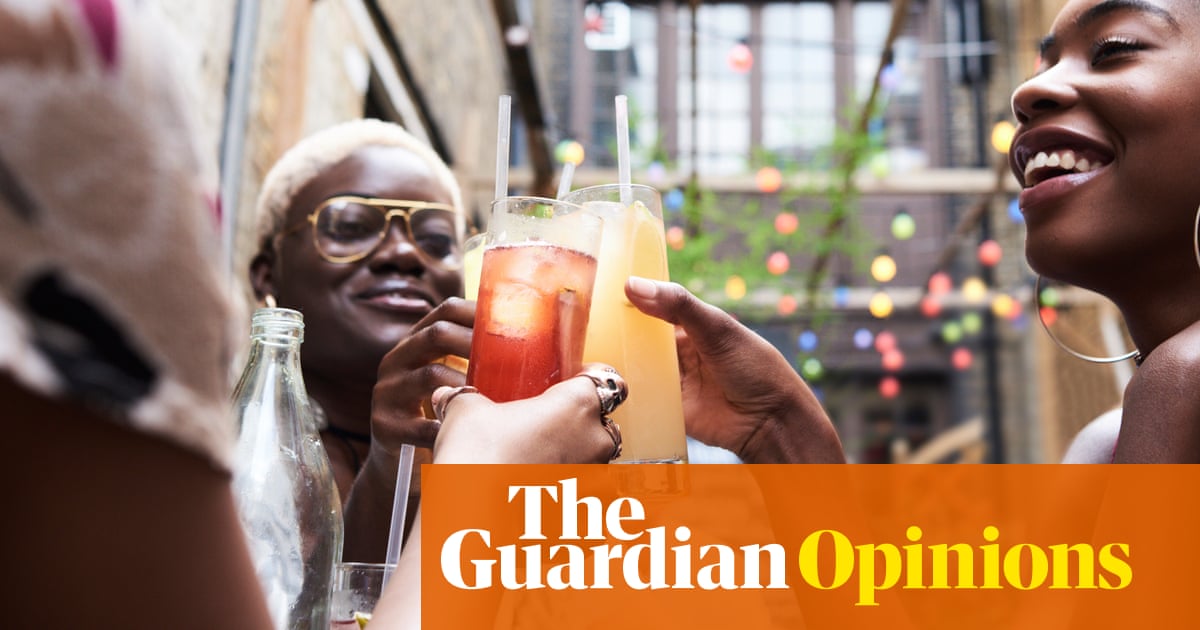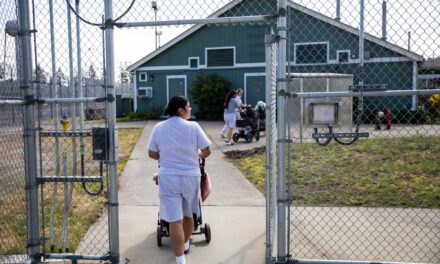
On a chilly Saturday in November, I found myself sitting in an auditorium at Birmingham City University, getting ready to talk to more than a hundred women I’d never met about sex. “Sounds quite heavy,” was my dad’s response when I explained that I was heading back to my home town for an event called Black Women and Undoing Sexual Shame. And in all honesty, I did feel a little out of my depth.
The summit was a partnership between the university and Black Ballad, the digital magazine and membership community for Black women, and I was co-hosting a workshop with Dr Kadian Pow, a lecturer in sociology and Black studies.
For many first- or second-generation Black British women there are silences that define certain parts of our upbringing. Many of us come from culturally conservative communities and find that this blanket of silence is thickest around issues to do with sex and sexuality. So, naturally, it’s a topic that millennial and generation Z women return to again and again, excavating the messages and lessons that were passed on, intentionally or otherwise.
As an editor at Black Ballad, I have commissioned many articles on this subject, as well as writing about it myself, so I knew how much an event like this was needed. What I wasn’t as sure about was how I could contribute alongside our array of experts: the doctor and author Annabel Sowemimo; the sex educator and influencer Scotty Unfamous; practitioners from Umbrella, a Birmingham sexual health service; and the Pleasure Project, an international safe sex advocacy organisation.
I needn’t have worried about my contribution because, right from the start, something about this felt like we were charting different territory. Many women were there with their mothers, aunties or other older Black women. The workshop I co-hosted was about purity culture and respectability politics, and we spent some time discussing the impact of Christian, Muslim and Rastafari belief systems. “I’m bisexual, but I still love Jesus,” one woman declared as she explained why she finds it impossible to return to church after coming out, and her statement was met with nods and murmurs of recognition around the room.
One young woman spoke movingly about how much she valued hearing Black women from her mother’s generation talking about the things she wished her mother would speak more openly about. She explained that it was only hearing the way that childbirth and raising children impacted the sexual lives of other Black women that made her realise her single mother must have been navigating the same issues. When another young woman spoke shyly about the ways in which she was rebelling against the body shaming and body policing she was brought up under, she was lovingly encouraged by a group of older women – supportive “aunties” taking the place of the harmful chorus that soundtracked her childhood and adolescence.
It felt monumental to sit in a room filled with Black women of varying ages openly discussing the things that have only been whispered about in our homes. Older women talking about their experiences created room for younger women to understand their own mothers and grandmothers better. Younger women acknowledged the ways their elders had been hurt – and how this hurt can form a generational pattern that they have the power to stop. That Saturday felt like an important marker in many of our healing journeys, and I felt deeply honoured to be a part of it.
The year just gone seemed to be one that a lot of us couldn’t wait to see the back of. As we watch ongoing atrocities around the world, our sense of powerlessness is compounded as we see our communities in the UK struggle.
My local London council, Croydon, as well as the one where I grew up, Birmingham, are struggling with bankruptcy. I worry about what this means for the local services that support vulnerable people, especially given the huge disparities and underfunding that already exist in those such as mental health.
This year has also seen publications bigger than Black Ballad close their doors, as well as the news that the University of Chichester wants to axe its flagship African history course, with the possible redundancy of its professor, Hakim Adi – Britain’s first history professor of African descent and one of our foremost Black academics.
For an event like Black Women and Undoing Sexual Shame to take place – supported by an independent, Black-owned publication and a British university that still sees the value in Black academia – is not only significant; it is a sign of resistance in a climate that tells us there is not the space or money for us or our concerns.
While grassroots initiatives will not replace the much needed material resources that our communities need, they go a long way in providing what money can’t – empathy, affirmation and a renewed sense of hope and possibility.
-
Jendella Benson is a British-Nigerian author, editor and head of editorial at Black Ballad. Her debut novel is Hope & Glory
-
Do you have an opinion on the issues raised in this article? If you would like to submit a response of up to 300 words by email to be considered for publication in our letters section, please click here.



